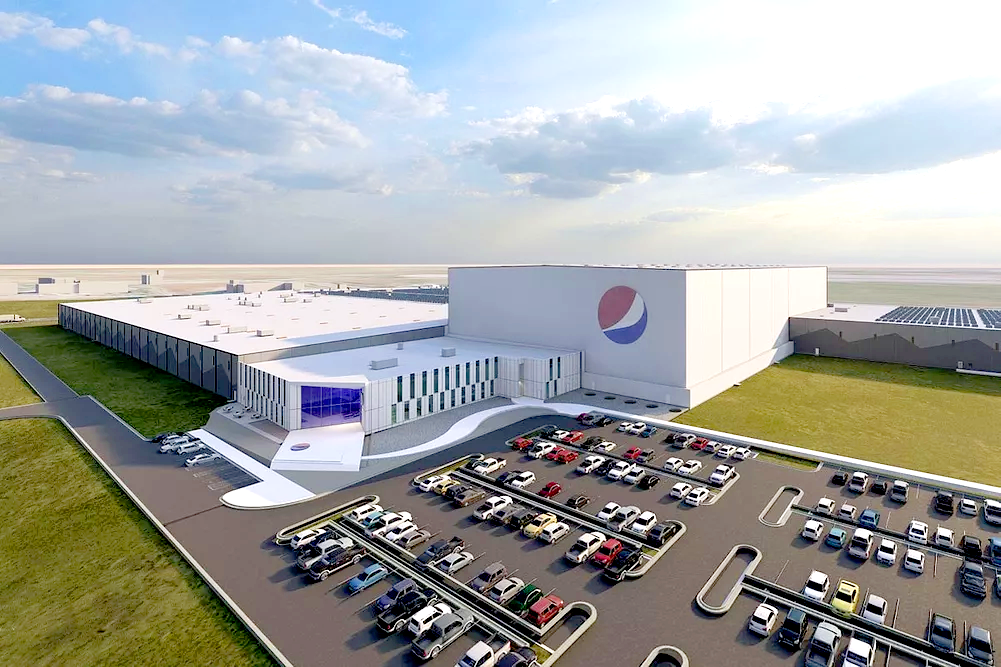Contents
Pros and Cons of LMS: The Missing Piece in Your Learning Strategy
Learning Management Systems (LMS) have become the backbone of corporate training, powering everything from employee onboarding to compliance certification. These platforms excel at delivering structured, scalable learning experiences across organizations of all sizes. But as Learning and Development (L&D) professionals increasingly recognize, even the most sophisticated LMS has limitations that can leave significant gaps in your organizational knowledge strategy.
The Advantages of LMS Platforms
Scalable Training Delivery
LMS platforms shine when it comes to delivering consistent training content to large, distributed workforces. Whether you're onboarding new hires or rolling out compliance training across multiple locations, these systems ensure everyone receives the same foundational knowledge.
Comprehensive Tracking and Reporting
For L&D teams juggling multiple training initiatives, LMS platforms provide invaluable visibility into learning progress. Detailed analytics help identify knowledge gaps, track completion rates, and demonstrate training ROI to stakeholders.
Centralized Learning Resources
Having all training materials in one accessible location streamlines the learning experience. Employees know exactly where to find official policies, procedures, and certification requirements.
Structured Learning Pathways
LMS platforms excel at creating logical learning progressions, ensuring employees build knowledge systematically before advancing to more complex concepts.
The Limitations Every L&D Leader Should Know
Static Content That Can't Keep Pace
Perhaps the most significant drawback of traditional LMS platforms is their reliance on static content. In rapidly evolving industries, training materials often become outdated before the next scheduled review cycle. This creates a dangerous gap between what employees learn in formal training and what they need to know to excel in their current roles.
Missing the Human Element
LMS platforms deliver information, but they can't replicate the nuanced insights that come from experienced colleagues. When employees encounter complex, context-specific challenges, pre-recorded training modules rarely provide the targeted guidance they need.
Limited Real-Time Problem Solving
Learning happens most effectively at the moment of need—when employees face actual challenges in their daily work. Traditional LMS platforms aren't designed to surface relevant expertise during these critical moments.
Persistent Knowledge Silos
While LMS platforms centralize formal training content, they do little to capture or share the tacit knowledge that drives real performance. The insights, shortcuts, and problem-solving approaches that expert employees develop over years of experience often remain trapped within individual minds.
What Modern Learners Actually Need
Research consistently shows that 70% of learning happens through on-the-job experiences and informal interactions with colleagues. Yet most L&D investments focus primarily on the remaining 30%, formal training programs delivered through LMS platforms.
This disconnect becomes particularly problematic when:
- New employees need context-specific guidance that goes beyond standard procedures
- Experienced team members encounter novel challenges requiring fresh perspectives
- Critical knowledge walks out the door when expert employees leave the organization
Bridging the Gap: How Starmind Enhances Your LMS Investment
Your LMS delivers structure. Starmind adds Human Intelligence — the real-world expertise that formal learning systems can’t capture. Together, they create a learning ecosystem that’s both consistent and context-aware.
Powered by the Knowledge Engine
At the core is Starmind’s Knowledge Engine, a headless AI platform that continuously maps who knows what across your organization, based on real work activity. It turns the signals already happening in your digital workplace into a living, always-current map of expertise.
Real-Time Expert Access
With Expert Finder, employees can instantly discover and connect with verified subject-matter experts — privately and securely — without posting questions or relying on static directories. The system identifies expertise dynamically, based on actual contributions, not job titles or self-filled profiles.
Continuous Knowledge Capture and Reuse
The Knowledge Suite enables structured, searchable Q&A that evolves with your organization. It captures tacit, undocumented insights as people work, transforming them into reusable, validated knowledge that complements your LMS content.
Embedded in the Flow of Work
Starmind integrates directly into the tools your teams already use, Microsoft Teams, Slack, and other collaboration platforms, ensuring knowledge sharing happens naturally within existing workflows.
Proven Results from Forward-Thinking Organizations
Dräger leveraged Starmind's platform to reduce knowledge search time by 48%, dramatically improving team efficiency across their global operations.
Mondelēz transformed their R&D processes by connecting experts across 160+ countries. Now, they resolve 55-60% of technical questions within two hours, significantly reducing production delays.
Munich Re used Starmind to speed up underwriting by connecting thousands of employees to critical internal expertise. The platform transforms undocumented knowledge into a shared resource, reducing redundancy and driving operational efficiency.
Strategic Guidance for L&D Teams
The most effective learning strategies combine the structured foundation of LMS platforms with dynamic access to real-time expertise:
- Audit your current knowledge gaps - Identify areas where formal training falls short of addressing real-world challenges
- Map informal learning networks - Understand how employees actually seek and share knowledge in their daily work
- Invest in complementary solutions - Enhance your LMS investment with platforms that capture and surface tacit knowledge
Transform Your Learning Strategy Today
Your LMS investment provides crucial structure and consistency for formal learning initiatives. But to truly maximize learning effectiveness and accelerate performance, consider how dynamic knowledge sharing can complement your existing training infrastructure.
Ready to explore how real-time expertise access can enhance your learning ecosystem? Contact Starmind for a conversation about bridging the gap between formal training and on-demand knowledge sharing.
LMS FAQs
Q: What is an LMS and why is it important for corporate training?
A: A Learning Management System (LMS) is a platform that delivers, tracks, and manages employee training. It ensures consistent learning, streamlines onboarding, and tracks progress across the organization.
Q: What are the main advantages and limitations of an LMS?
A: LMS platforms provide scalable training, structured learning paths, and centralized resources. However, they rely on static content, lack real-time guidance, and cannot capture tacit knowledge from experts.
Q: How can Starmind enhance my LMS investment?
A: Starmind complements your LMS with real-time expert access, continuous knowledge capture, and intelligent expertise mapping, ensuring employees can solve challenges quickly and share critical insights.
Read more:
What is knowledge management, and why is it so important?
Human intelligence and artificial intelligence: the future is together
Starmind: Unlocking Organizational Expertise



